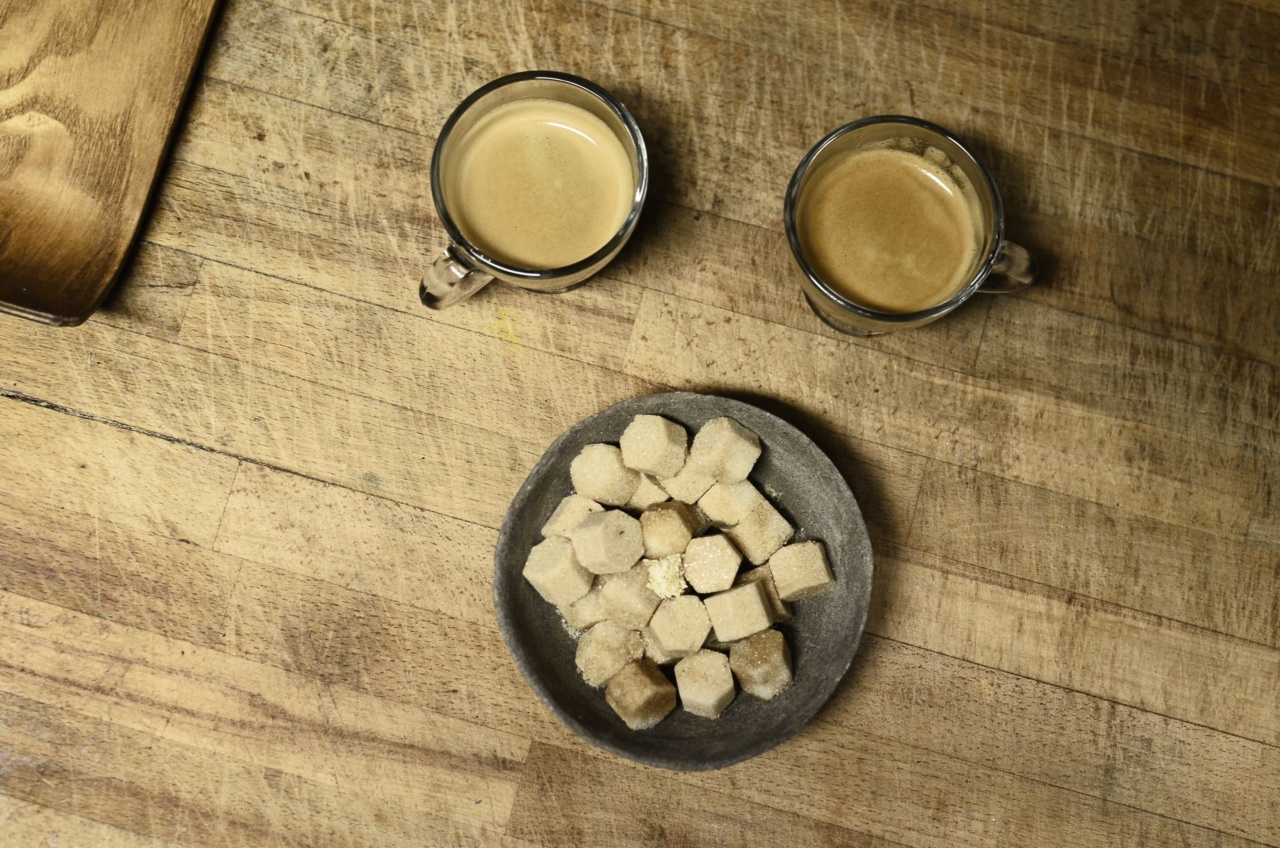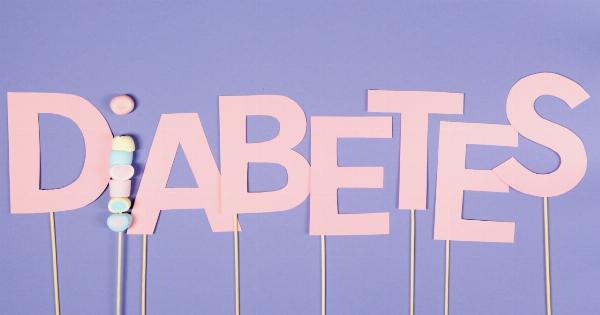Over the years, the consumption of sugar-sweetened beverages has increased drastically, posing numerous health risks. One significant concern is the link between sugar beverages and the development of liver cancer.
In this article, we will delve into the details of this connection, exploring the impact of sugar-sweetened drinks on liver health and providing essential information you need to know.
Understanding Liver Cancer
Liver cancer, also known as hepatic cancer, refers to the uncontrolled growth of abnormal cells in the liver. This type of cancer can originate in the liver itself or spread from other areas of the body.
Different forms of liver cancer exist, including hepatocellular carcinoma (HCC), which is the most common.
The Role of Sugar Beverages
Sugar-sweetened beverages, such as soda, energy drinks, and certain fruit juices, have become increasingly popular worldwide.
These drinks are typically loaded with high amounts of added sugars, which can be detrimental to overall health, contributing to weight gain, obesity, and various metabolic disorders. Excessive consumption of sugar beverages can significantly affect the liver, leading to an increased risk of developing liver cancer.
Sugar and Fatty Liver Disease
One of the primary concerns with the consumption of sugar beverages is the development of non-alcoholic fatty liver disease (NAFLD). NAFLD is a condition characterized by an accumulation of fat in the liver, leading to inflammation and liver damage.
This condition has strong links to the development of liver cancer.
The Link Between NAFLD and Liver Cancer
NAFLD can progress to a more severe condition known as non-alcoholic steatohepatitis (NASH). NASH involves not only the accumulation of fat in the liver but also inflammation and liver cell damage.
Over time, NASH can lead to fibrosis, cirrhosis, and ultimately increase the risk of liver cancer.
The Impact of Sugar on Liver Metabolism
When we consume sugar, it is rapidly absorbed into the bloodstream, causing a spike in blood glucose levels. This sudden increase triggers the release of insulin, a hormone responsible for regulating blood sugar.
However, excessive sugar consumption can overwhelm the liver’s ability to process it, leading to the storage of excess glucose as fat. This accumulation of fat can have detrimental effects on liver function and increase the risk of liver cancer.
High-Fructose Corn Syrup and Liver Health
Many sugar-sweetened beverages contain high-fructose corn syrup (HFCS), which is an artificial sweetener derived from corn starch. HFCS is cheaper than sucrose (table sugar) and is widely used as a sweetening agent.
Consuming beverages sweetened with HFCS can have a more profound impact on liver health compared to other forms of sugar. HFCS consumption has been shown to increase fat accumulation in the liver and promote liver inflammation, both of which are risk factors for liver cancer.
Obesity, Insulin Resistance, and Liver Cancer
Excessive consumption of sugar beverages is strongly associated with the development of obesity and insulin resistance. Obesity is a known risk factor for various cancers, including liver cancer.
Additionally, insulin resistance, a condition where the body’s cells become less responsive to insulin, is closely linked to the development of liver cancer.
Other Factors Affecting Liver Cancer Risk
While the consumption of sugar beverages is a significant contributing factor to liver cancer risk, it is important to recognize that other factors play a role as well.
Chronic alcohol consumption, viral infections such as hepatitis B and C, certain genetic disorders, and exposure to carcinogens are all additional risk factors for liver cancer. Therefore, it is crucial to consider these factors as part of a comprehensive approach to reducing liver cancer risk.
Reducing Sugar Beverage Consumption for Liver Health
Given the strong links between sugar beverages and liver cancer, it is vital to reduce the consumption of these drinks to promote liver health. Here are some practical steps you can take:.
1. Opt for healthier alternatives: Choose water, herbal teas, or unsweetened beverages instead of sugar-sweetened drinks.
2. Read labels: Carefully check the ingredient list and nutritional information of beverages to identify added sugars or high-fructose corn syrup content.
3. Moderate consumption: If you occasionally indulge in sugar beverages, aim for moderation and limit your overall intake.
4. Educate yourself: Stay informed about the potential risks associated with sugar beverages and make conscious choices regarding your beverage consumption.
Taking Action for Your Liver Health
In conclusion, the consumption of sugar beverages has a significant impact on liver health and increases the risk of developing liver cancer.
By reducing the consumption of sugar-sweetened drinks and opting for healthier alternatives, you can take proactive steps to protect your liver. Remember, your liver plays a crucial role in maintaining overall health, and it is crucial to prioritize its well-being.




























